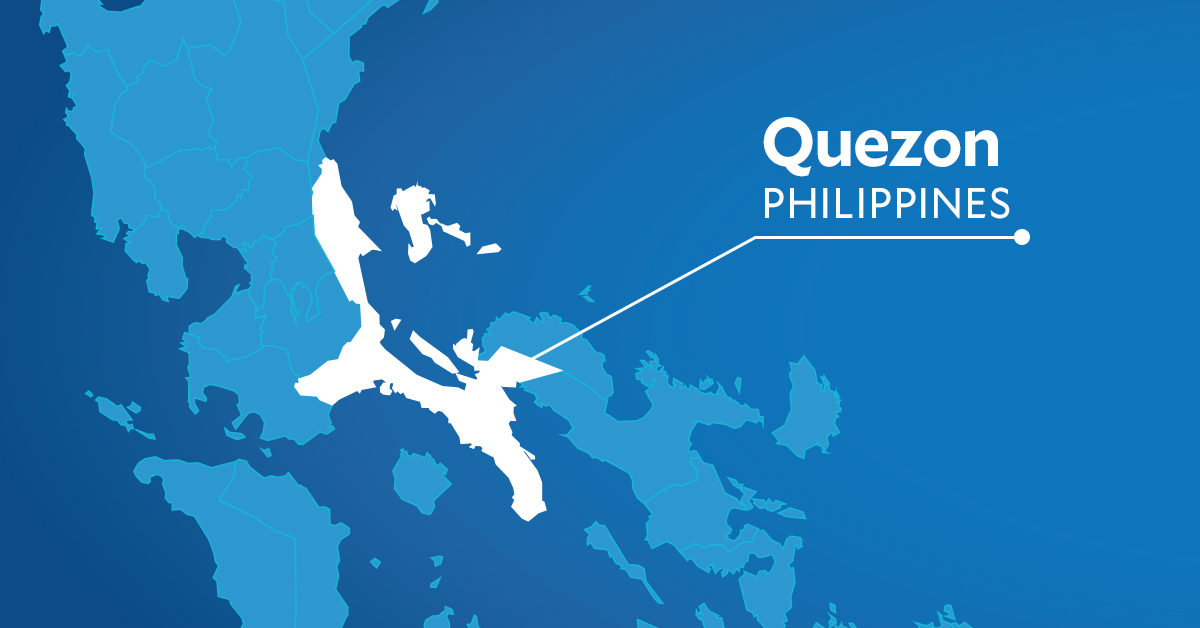Aurora, Quezon now at very low risk for COVID-19, says OCTA
MANILA, Philippines — The provinces of Aurora and Quezon are now at very low risk for COVID-19, a fellow of the independent analytics group OCTA Research said Saturday.
In a Twitter post, Dr. Guido David said Aurora and Quezon’s COVID-19 growth rates are -50 percent and -40 percent, respectively.
NCR at low risk with positivity rate of 4%. Aurora, Quezon at very low risk. Bataan, Batangas, Bulacan, Cavite, Laguna, Nueva Ecija, Pampanga, Rizal, Zambales at low risk. @dzbb @DZAR1026 @allangatus @News5PH @dzrhnews @ali_sotto @dzme_1530khz @NewsRmn @dwiz882 @PhilstarNews pic.twitter.com/fmn1ROvQiK
— Dr. Guido David (@iamguidodavid) February 26, 2022
Aurora’s average daily attack rate (Adar) meanwhile is 0.74 while Quezon’s is at 0.37.
The Adar is the number of new infections per 100,000 people.
Article continues after this advertisementMeanwhile, Aurora and Quezon’s reproduction numbers are 0.24 and 0.18, within health experts’ ideal figure of less than one, an indication of slower virus transmission.
Meanwhile, Aurora’s healthcare and intensive care unit (ICU) utilization rate are both at zero percent.
Quezon, on the other hand, has an 11-percent and 15-percent healthcare and ICU utilization rate. Its positivity rate is 3 percent which is within the World Health Organization’s recommendation of 5 percent or lower.
Further, the National Capital Region remains at low risk with a 4 percent positivity rate.
/MUF
For more news about the novel coronavirus click here.
What you need to know about Coronavirus.
For more information on COVID-19, call the DOH Hotline: (02) 86517800 local 1149/1150.
The Inquirer Foundation supports our healthcare frontliners and is still accepting cash donations to be deposited at Banco de Oro (BDO) current account #007960018860 or donate through PayMaya using this link.
